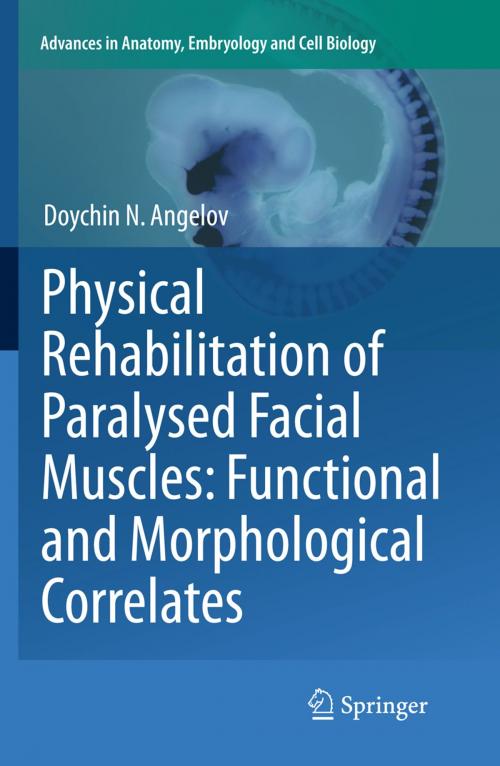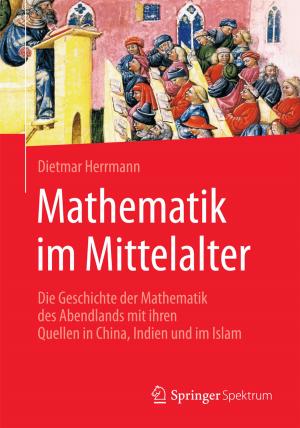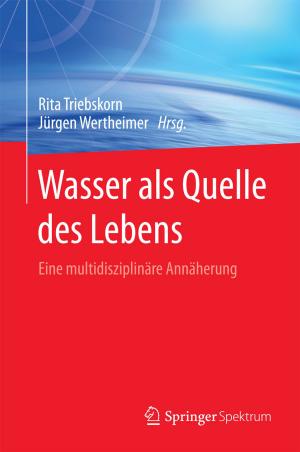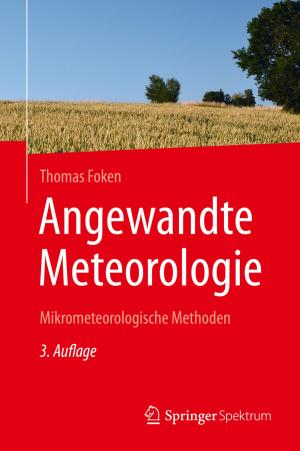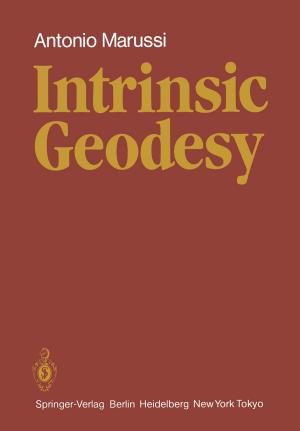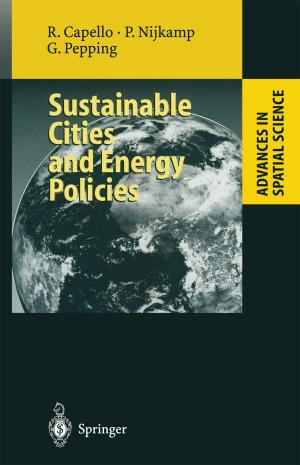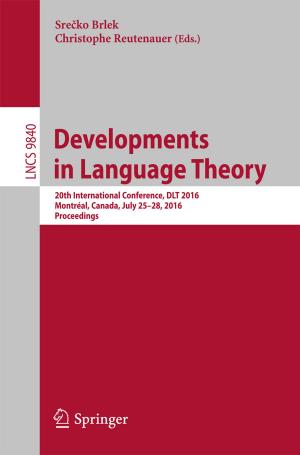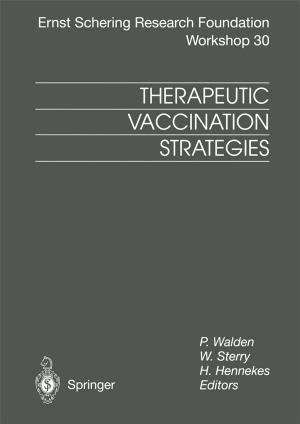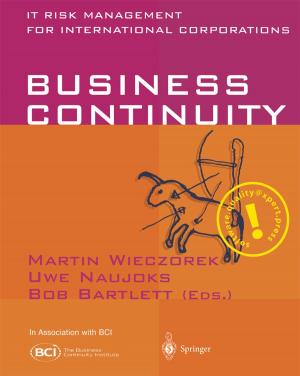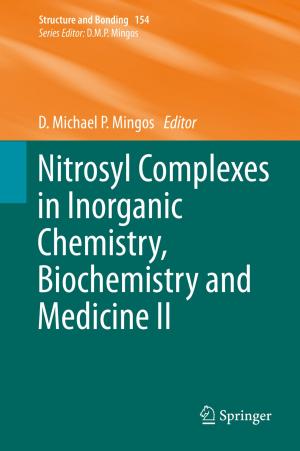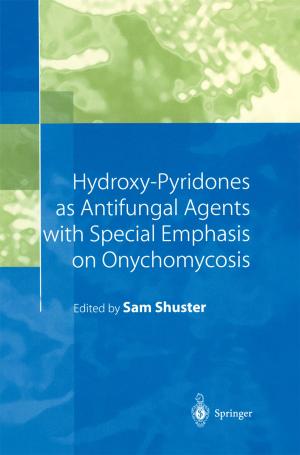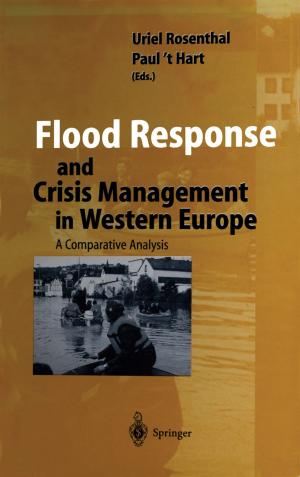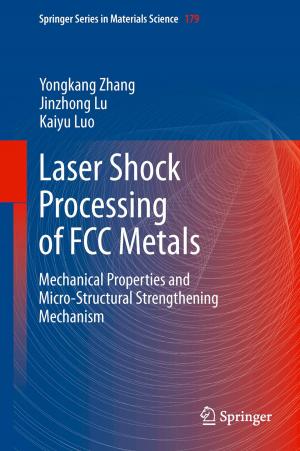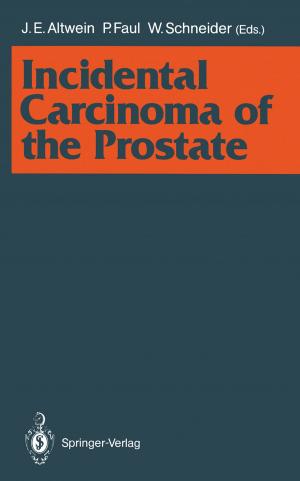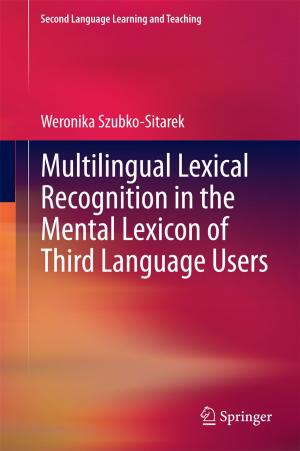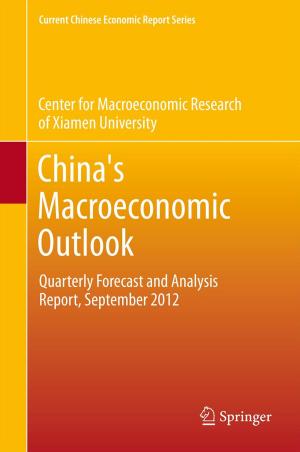Physical Rehabilitation of Paralysed Facial Muscles: Functional and Morphological Correlates
Nonfiction, Health & Well Being, Medical, Specialties, Internal Medicine, Neuroscience, Science & Nature, Science, Biological Sciences| Author: | Doychin N. Angelov | ISBN: | 9783642181207 |
| Publisher: | Springer Berlin Heidelberg | Publication: | February 21, 2011 |
| Imprint: | Springer | Language: | English |
| Author: | Doychin N. Angelov |
| ISBN: | 9783642181207 |
| Publisher: | Springer Berlin Heidelberg |
| Publication: | February 21, 2011 |
| Imprint: | Springer |
| Language: | English |
Using a combined morpho-functional approach the author recently found that polyinnervation of the neuro-muscular juction (NMJ) is the critical factor for recovery of function after transection and suture of the facial nerve. Since polyinnervation is activity-dependent and can be manipulated, he tried to design a clinically feasible therapy by electrical stimulation or by soft tissue massage. First, electrical stimulation was applied to the transected facial nerve or to paralysed facial muscles. Both procedures did not improve vibrissal motor performance (video-based motion analysis of whisking), failed to diminish polyinnervation and even reduced the number of innervated NMJ to one fifth of normal values. In contrast, gentle stroking of the paralysed vibrissal muscles by hand resulted in full recovery of whisking. Manual stimulation was also effective after hypoglossal-facial anastomosis and after interpositional nerve grafting. The author concludes that manual stimulation is a non-invasive procedure with immediate potential for clinical rehabilitation following facial nerve reconstruction.
Using a combined morpho-functional approach the author recently found that polyinnervation of the neuro-muscular juction (NMJ) is the critical factor for recovery of function after transection and suture of the facial nerve. Since polyinnervation is activity-dependent and can be manipulated, he tried to design a clinically feasible therapy by electrical stimulation or by soft tissue massage. First, electrical stimulation was applied to the transected facial nerve or to paralysed facial muscles. Both procedures did not improve vibrissal motor performance (video-based motion analysis of whisking), failed to diminish polyinnervation and even reduced the number of innervated NMJ to one fifth of normal values. In contrast, gentle stroking of the paralysed vibrissal muscles by hand resulted in full recovery of whisking. Manual stimulation was also effective after hypoglossal-facial anastomosis and after interpositional nerve grafting. The author concludes that manual stimulation is a non-invasive procedure with immediate potential for clinical rehabilitation following facial nerve reconstruction.
